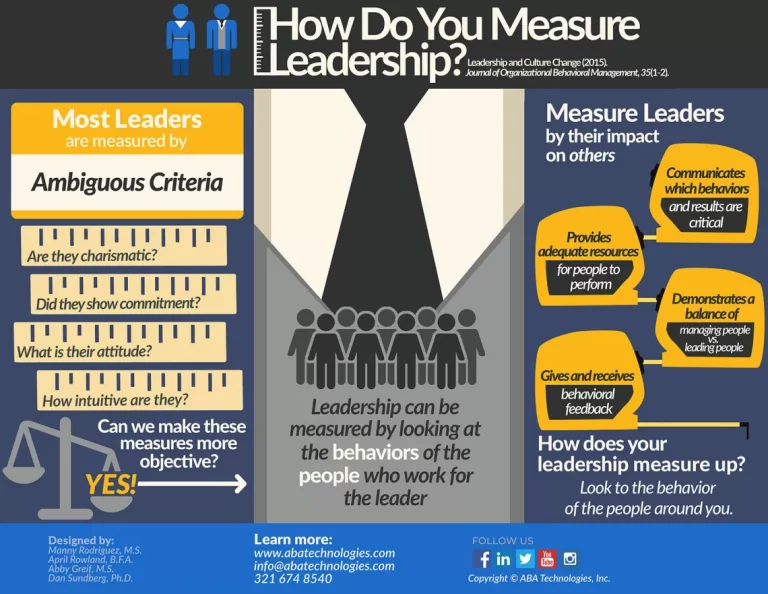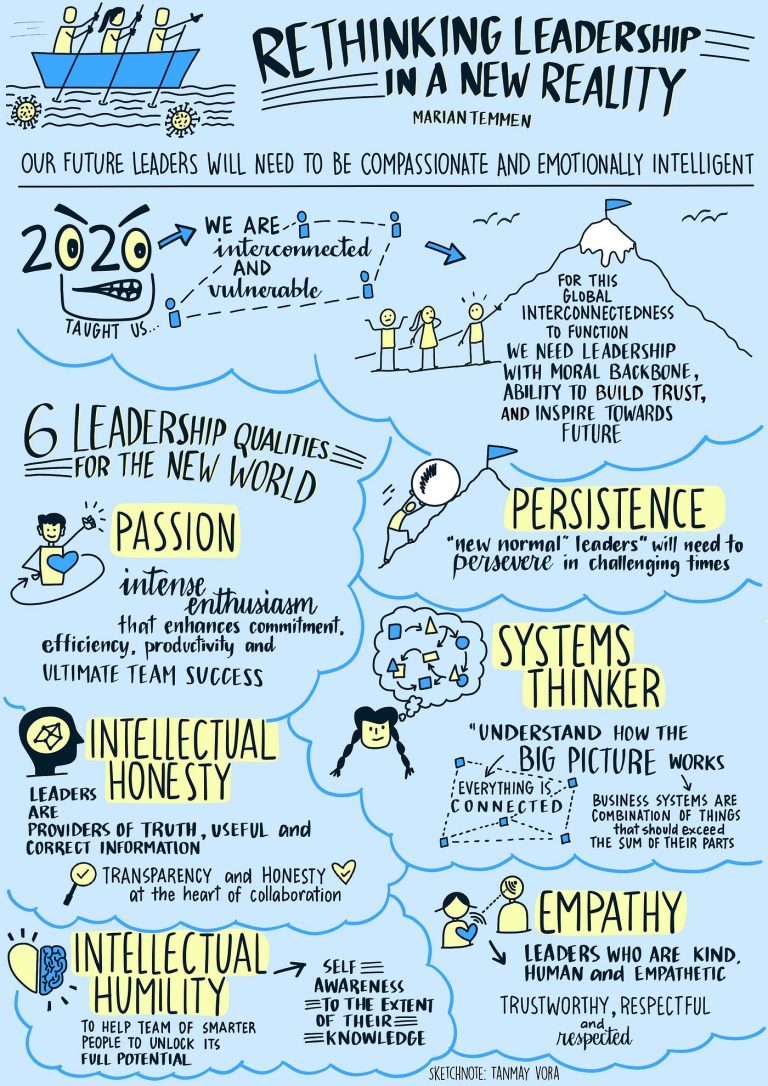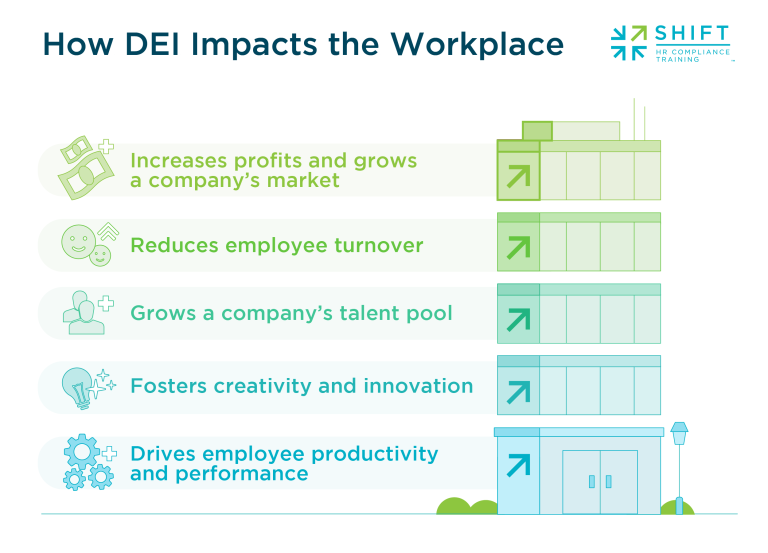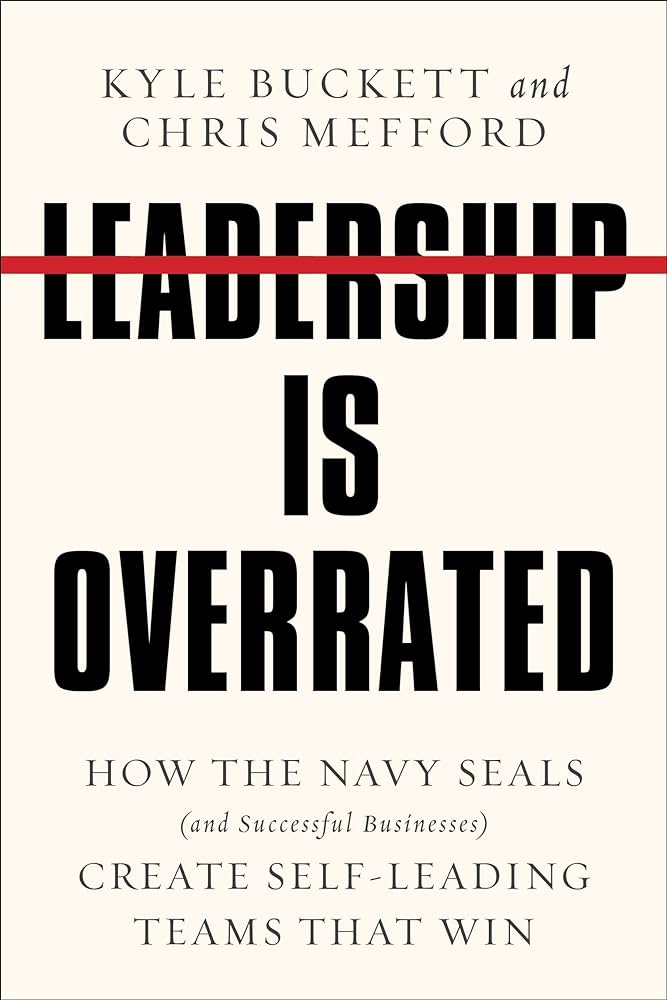Human-Centered Leadership in the Remote Work Era
The professional landscape has undergone a seismic shift in recent years, with hybrid and remote work becoming the new standard rather than the exception. This transformation has introduced both unique challenges and remarkable opportunities for business leaders. Traditional leadership models, designed for centralized, in-office work environments, are no longer sufficient to meet the demands of a geographically dispersed workforce.
To thrive in this new era, leaders must adopt a human-centered approach—one that emphasizes connection, inclusivity, and employee well-being while leveraging technology to foster engagement and productivity. My recent conversation with Randall Ward, CEO and Co-Founder of Appfire, provided deep insights into how forward-thinking leadership rooted in empathy and innovation can help businesses navigate this complex environment. Ward’s success in creating a connected, empowered, and thriving workforce offers a blueprint for modern leadership in the hybrid and remote work era.
Reinventing Leadership for the Digital Age
Shifting from Oversight to Connection
In a traditional office setting, leadership often focused on oversight, ensuring that employees were present, productive, and aligned with company goals. However, the hybrid and remote work model challenges this top-down approach. Without the ability to physically observe and interact with employees, leaders must shift their focus from managing to connecting.
Randall Ward’s leadership approach at Appfire exemplifies this shift. He emphasizes that leadership today is not about controlling outcomes but about fostering trust and engagement. Leaders need to:
- Create a sense of purpose and alignment among remote teams.
- Recognize and celebrate employee contributions to maintain motivation.
- Build personal connections by understanding the challenges and strengths of individual team members.
Ward’s strategy highlights that leadership success in the digital age is less about monitoring tasks and more about inspiring and empowering employees to take ownership of their work. This requires leaders to cultivate an environment where communication is open, feedback is encouraged, and team members feel heard and valued.
Building an Inclusive and Engaged Workforce
Overcoming Proximity Bias
One of the most significant challenges in a hybrid work model is proximity bias—the tendency to give preferential treatment to employees who are physically present in the office. This can lead to unequal access to opportunities, information, and recognition, creating a divide between remote and in-office team members.
Appfire has successfully addressed this issue by adopting an equity-first mindset. Ward insists on ensuring that all team members—whether remote or in-office—have equal access to:
- Information and updates through centralized communication channels.
- Career growth opportunities, including promotions and leadership development.
- Recognition and feedback for their work and contributions.
By eliminating barriers to information and opportunity, Ward ensures that every team member feels equally valued and integrated into the company’s culture, regardless of their physical location. This commitment to fairness strengthens employee engagement and fosters a unified company culture.
Encouraging Participation and Collaboration
Inclusivity also means encouraging participation from all team members in decision-making processes and collaborative projects. Appfire has implemented:
- Virtual brainstorming sessions to allow all team members to contribute ideas.
- Open Q&A forums where employees can voice concerns and offer suggestions.
- Cross-functional team projects to promote collaboration between remote and in-office staff.
These practices help create a work environment where every voice matters, driving collective problem-solving and innovation.
Leveraging Technology to Foster Connection
Empowering Teams with the Right Tools
Technology is the backbone of any successful hybrid or remote work model. However, it’s not just about adopting tools—it’s about empowering teams to select the platforms and processes that work best for them.
Ward’s strategy at Appfire is rooted in flexibility and autonomy. Rather than mandating a one-size-fits-all solution, he allows teams to choose the tools that best align with their workflows and communication styles. This includes:
- Video conferencing platforms (Zoom, Teams) for real-time interaction.
- Project management tools (Trello, Asana) for task tracking and collaboration.
- Messaging apps (Slack) for quick and informal communication.
This flexibility not only enhances productivity but also fosters a sense of ownership and accountability among employees. When teams are trusted to select their own tools, they are more likely to engage actively and deliver better results.
Balancing Technology with Human Interaction
While technology is essential for remote work, Ward emphasizes the importance of balancing digital communication with human interaction. At Appfire, leaders make a conscious effort to:
- Schedule regular virtual check-ins to maintain a personal connection with team members.
- Organize in-person meetups or retreats to strengthen team bonding.
- Encourage informal social interaction through virtual happy hours or team-building games.
This balance ensures that employees feel connected not only professionally but also personally, reinforcing a sense of belonging and team spirit.
Nurturing Well-being and Work-Life Balance
Establishing Clear Boundaries
Remote work offers greater flexibility, but it also blurs the lines between work and personal life. Without clear boundaries, employees can quickly find themselves working longer hours, leading to burnout and decreased productivity.
Ward’s leadership philosophy at Appfire prioritizes employee well-being by:
- Encouraging employees to set clear work hours and stick to them.
- Promoting the importance of unplugging from work after hours.
- Ensuring that employees take regular breaks to recharge.
Supporting Mental Health and Personal Growth
Appfire has also introduced structured support systems to promote mental health and personal growth, including:
- Access to mental health resources and counseling services.
- Personal development programs and learning opportunities.
- Encouraging time off for relaxation and family commitments.
By fostering a culture where employees feel supported and valued beyond their work contributions, Appfire enhances employee satisfaction and long-term retention.
Embracing the Future with Emerging Technologies
Integrating AI as a Cognitive Partner
The future of work will be increasingly shaped by emerging technologies, particularly artificial intelligence (AI). Ward views AI not as a threat to human jobs but as a cognitive partner that can enhance human potential.
At Appfire, AI is used to:
- Automate repetitive tasks, freeing up time for strategic and creative work.
- Provide data-driven insights to inform decision-making.
- Enhance customer service through automated responses and data analysis.
By integrating AI into the workflow, Appfire empowers employees to focus on high-value activities, such as innovation and problem-solving. This human-technology partnership elevates the work experience and drives greater efficiency and creativity.
The Path Forward: Leading with Empathy and Innovation
The hybrid and remote work era demands a new kind of leadership—one that combines empathy with strategic foresight. Randall Ward’s approach at Appfire demonstrates that human-centered leadership is not only effective but also essential in today’s work environment.
Key Principles of Human-Centered Leadership:
✅ Empathy – Understanding and addressing the personal and professional challenges faced by employees.
✅ Inclusivity – Ensuring that all team members have equal access to information, opportunities, and recognition.
✅ Empowerment – Giving teams the autonomy to select the tools and processes that work best for them.
✅ Well-being – Promoting a balanced work-life dynamic and supporting mental health.
✅ Innovation – Leveraging technology to enhance human potential rather than replace it.
By adopting these principles, leaders can build resilient, adaptive teams capable of thriving in an increasingly digital and dispersed work environment. A human-centered approach not only drives business success but also creates a work culture where employees feel valued, engaged, and inspired.
Conclusion
The shift to hybrid and remote work is not just a logistical challenge—it’s an opportunity to redefine leadership for the digital age. Randall Ward’s success at Appfire offers a compelling case for the power of human-centered leadership. By prioritizing connection, inclusivity, and employee well-being, leaders can create work environments that are not only productive but also meaningful and fulfilling. As businesses navigate this new frontier, those who lead with empathy and innovation will be best positioned to succeed in the evolving world of work.




